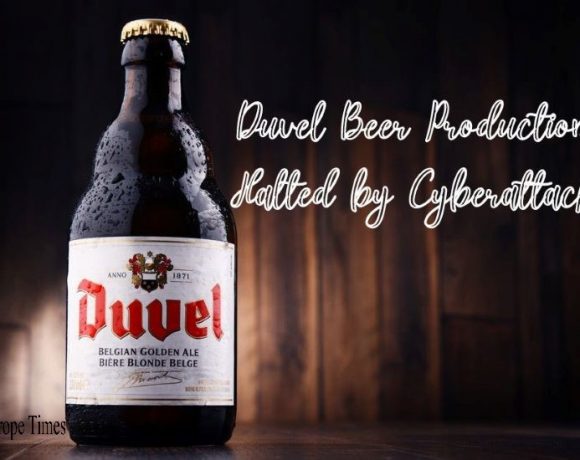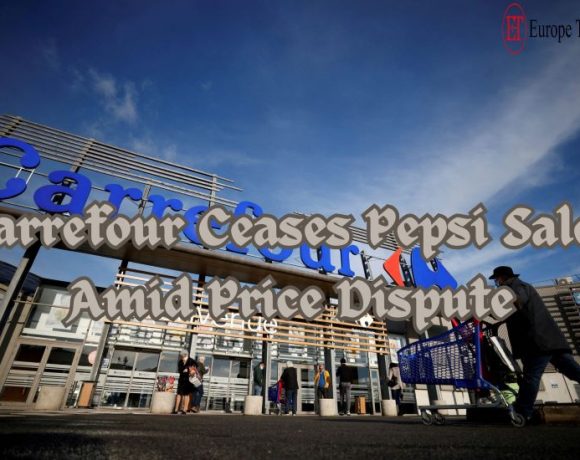
A cyber-attack has brought production to a standstill at four breweries under the ownership of Duvel, a prominent Belgian beer company. The attack, suspected to be ransomware, occurred overnight between Tuesday and Wednesday, causing significant disruption to operations. Initially, five production facilities were affected, with only one managing to resume operations thus far.
In response to the attack, Duvel promptly activated its IT systems’ built-in command systems and alarms. These measures allowed the company’s IT department to swiftly detect the intrusion and shut down servers to mitigate further damage. Despite these efforts, production at the four Belgian production sites and one in Kansas City remains halted.
Duvel, known for its iconic brands such as Chouffe, Vedett, and Liefmans, has been a stalwart in the beer industry since its establishment in 1871. In 2022, the company reported revenue of €583 million and produced approximately 230 million liters of beer. However, the extent of the impact on the supply chain and distribution of its products following the cyber-attack remains uncertain.
The company has disclosed to local media that the incident is indeed a ransomware attack, a type of cyber-attack where hackers threaten to block or leak files unless a ransom is paid. As investigations into the attack continue, Duvel faces the challenge of restoring production at its affected facilities while ensuring the security and integrity of its IT systems against future threats.
Picture Courtesy: Google/images are subject to copyright

